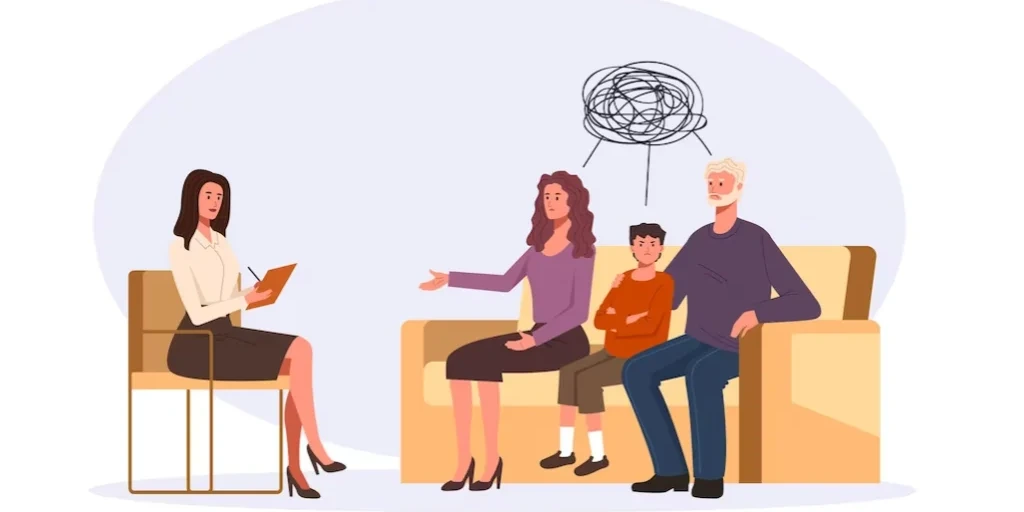24/7 Helpline:
(866) 899-221924/7 Helpline:
(866) 899-2219
Learn more about Aftercare Support centers in Fayette County
Other Categories in Fayette County

Other Insurance Options

AllWell

GEHA

Coventry Health Care

Anthem

MHNNet Behavioral Health

Aetna

ComPsych

Self-pay options

EmblemHealth

Providence

BlueCross

Private insurance

Health Net

Oxford

Humana

Magellan

Sliding scale payment assistance

Medical Mutual of Ohio

Evernorth

Kaiser Permanente

Georgia Addiction Treatment Center
Georgia Addiction Treatment Center (GATC) is a CARF-accredited drug and alcohol rehab located in Pea...

Grace Harbour
Grace Harbour is an outpatient mental health clinic that serves individuals from all ages in a holis...

Turning Point New Directions
Turning Point New Directions is a counseling clinic located in Tyrone, GA. Turning Point New Directi...

The Insight Program
The Insight Program is a private rehab located in Tyrone, Georgia. The Insight Program specializes i...

Pyramid Healthcare – Pine Ridge Manor Halfway House for Men
Pyramid Healthcare - Pine Ridge Manor Halfway House for Men is located in Tyrone, Pennsylvania. Pyra...




































































